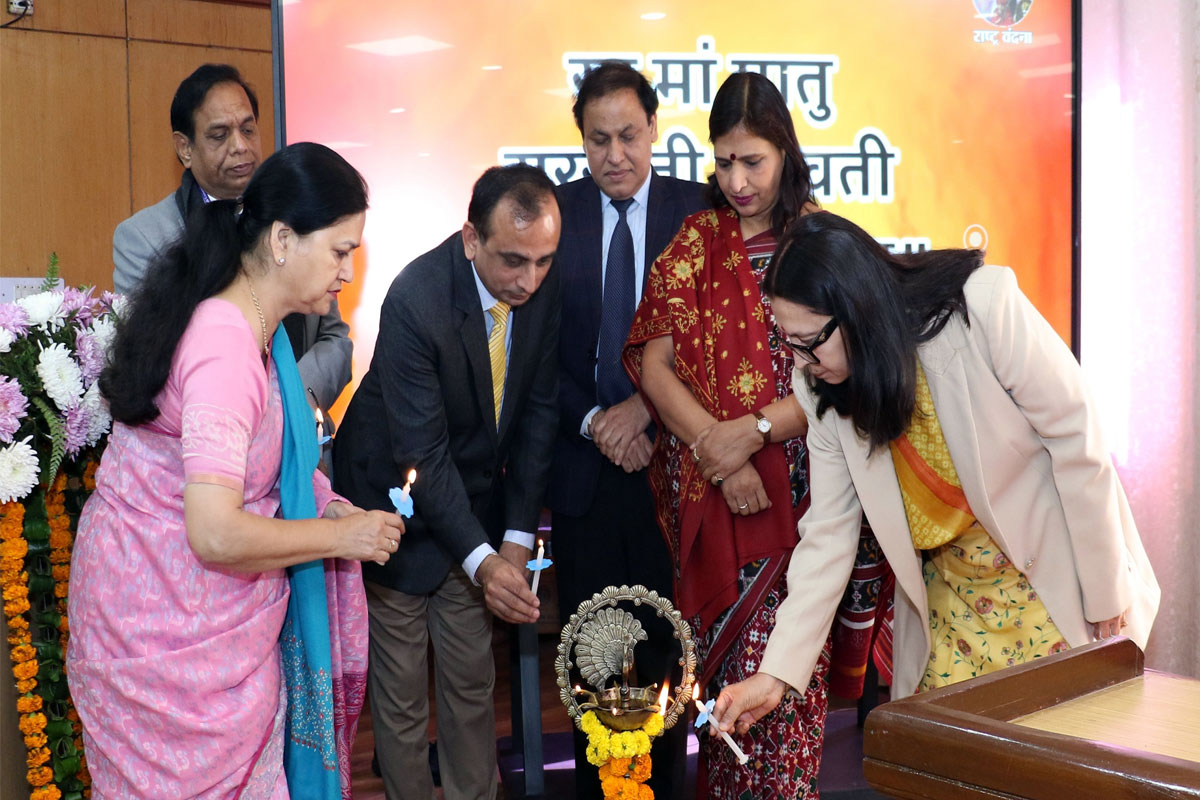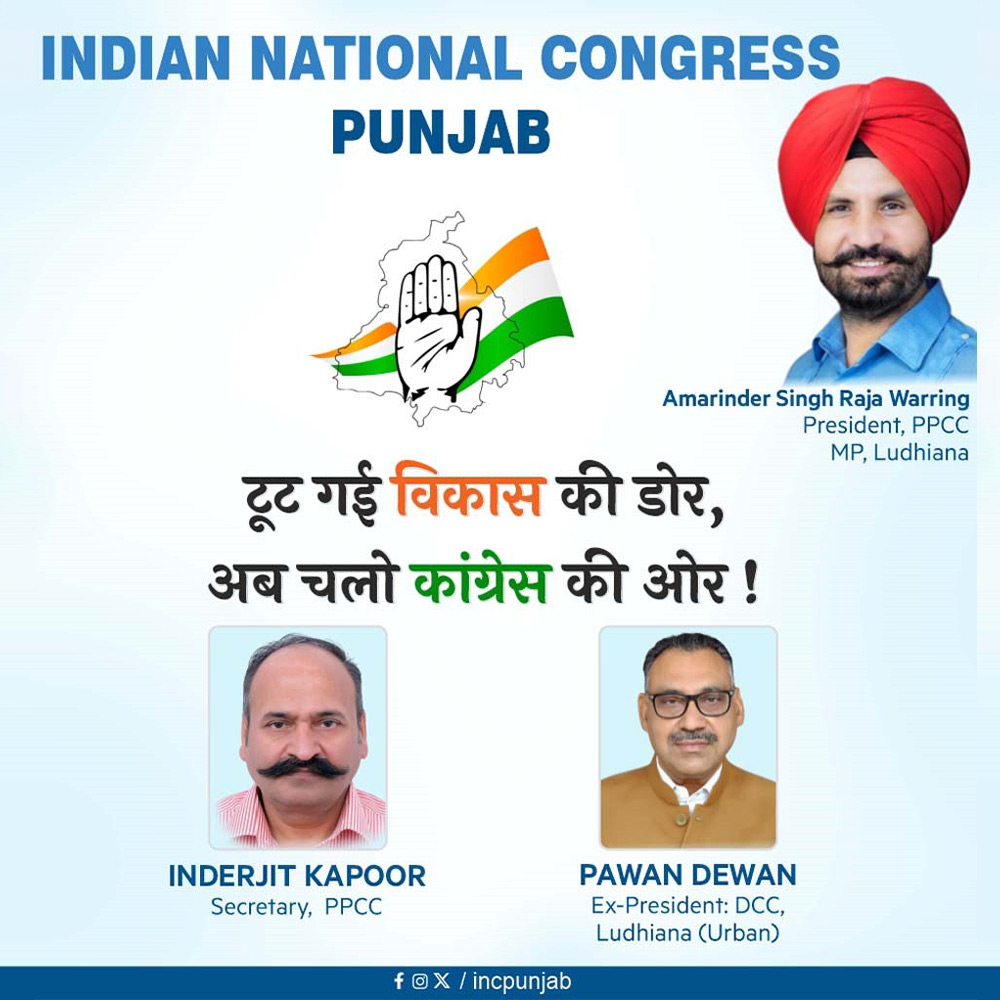Chandigarh, November 17
As many as 33 Registrars from different parts of the country are participating in the two-day national workshop being organised by the Association of Indian Universities (AIU), New Delhi and Panjab University. The inaugural session marked the beginning of the workshop, setting the tone for critical discussions on leadership, technology adoption, and strategic advancement in university administration.
Delivering the keynote address, AIU Secretary General and Chief Commissioner, Bharat Scouts & Guides Dr. Pankaj Mittal described National Education Policy (NEP) 2020 as a very-very good and democratic policy in which about two lakh people were consulted. She stressed on understanding the spirit of NEP for transforming Indian higher education and urged universities to implement NEP for the betterment of students.
Highlighting various benefits of NEP to the students, Dr. Mittal referred to the establishment of Internship Bank, and the use of the Academic Bank of Credits (ABC) that allows students to design flexible, multidisciplinary degrees and wider academic choices. She described ABC as the most modern concept but most misunderstood concept. ABC is like any other commercial bank in which we have an account, where we deposit money. Just like that, in ABC every student has an account and they deposit credits instead of money, which can be credited to them. She urged universities to create “Internship Bank” so that internships become available to all students in each semester to enhance their employability. She also highlighted the need to internationalise the universities and said that AIU has created Internationalisation of Higher Education (INIHE) as a platform to facilitate international partnerships, language/cultural exchanges.
While mentioning AIU’s role as the world’s largest university association and its significance in higher education governance, AIU Secretary General called upon the universities to clearly identify whether they aim to function as Research Universities, Teaching Universities, or Autonomous Degree-Granting Institutions. She remarked that while UGC plays the role of a regulatory guardian, the AIU nurtures institutions like a “mother.”
In her inaugural address, PU Vice-Chancellor Prof. Renu Vig emphasised the need to strengthen student–teacher relationships as the students are living away from their home and their parents expect us to teach the difference between right and wrong. She stated that universities must preserve their cultural ethos while simultaneously embracing technological advancements for faster administrative processes, better efficiency, improved staff discipline, and enhanced student services. She stressed for adopting student-friendly systems to ensure that students do not face administrative hurdles, and underlined the importance of mental health engagement, maintaining a balanced approach to student demands, and developing a robust strategic plan for institutional improvement.
In his presidential remarks, Executive Director, National Agri-Food Biotechnology Institute (NABI) Dr. Ashwani Pareek stressed the importance of implementing e-office systems, enhancing digital security, ensuring ethical administration and timely RTI responses, improving legal preparedness and conflict resolution mechanisms, and strengthening human resource leadership and institutional culture. He further highlighted the need for interdepartmental cooperation as envisioned under NEP and reaffirmed the pivotal role of Registrars in accelerating institutional progress.
Prof. Alok Kumar Chakrawal, the Vice-Chancellor, Guru Ghasidas Vishwavidyalaya, gave a detailed address relating to governance, policy implementation issues, and changing perspectives of university administration. He mentioned the requirement to smoothen the financial procedures with a very strong emphasis on looking ahead to the GFR for transparent and efficient institutional functioning.
Speakers acknowledged that the next decade belongs to the youth, and institutions must empower students to address future challenges through innovation-oriented programs. A Design Programme was introduced to nurture creativity and problem-solving among students.






















